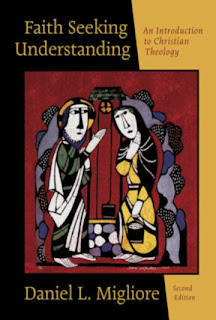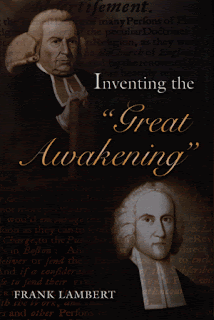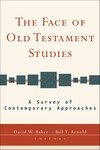Here are some books that have been throwing words at my eyes this semester.

David Clark's
To Know and Love God has been one of the most enjoyable reads in recent memory. The book is essentially a book on how to do theology, but it isn't as boring as it sounds. With a theological-philosophical focus, Clark gently takes you through competing ideas about theology, the method, and the difficulties surrounding the study of theology. Clark puts a lot into the 300+ pages. His treatment of doing theology in a globalized context shouldn't be missed. It is focused, broadly-evangelical, gospel and God-centered, understandable, and many other words. Books like these make me like theology again. Please don't miss this one.

It's hard for me to review (if you call what I'm doing a book review) Daniel Migliore's
Faith Seeking Understanding. From the get-go, this book is a success. It succeeds at being an up-to-date introduction to the major doctrines of Christian theology. Christology, salvation, God, humanity, it's all there in 439 pages (complete with index, biblical citation list, and a glossary of theological terms!). There's plenty of quotations and interaction with feminists, Roman Catholics, liberationists, and Karl Barth. And them some more Karl Barth. 73 Barth citations is what the index tells me. However, for all this outside (read "non-evangelical") interaction, the book succeeds in being a more liberally-minded text, full of statements and conclusions that one can only agree with in part. Take, for example, this quote from his only paragraph on Hell:
Hell is simply wanting to be oneself apart from God's grace and in isolation from others. Hell is that self-chosen condition in which, in opposition to God's agapic love and the call to a life of mutual friendship and service, individuals barricade themselves from others. It is the hellish weariness and boredom of a life focused entirely on itself. hell is not an arbitrary divine punishment at the end of history. It is not the final retaliation of a vindictive deity. Hell is self-destructive resistance to the eternal love of God. it symbolizes the truth that the meaning and intention of life can be missed.There is so much I'd like to agree with in this quote, but there's so much that is skewed or unsaid that in the end I have to leave it. This still is a very interesting book, for no other reason than to see what others are saying.

Frank Lambert's
Inventing the 'Great Awakening has awakened the sleeping historian within me. This book is written against those who in the past few years have argued that the Great Awakening of the 18th century didn't really happen. They say reports about the awakening were blown out of proportion and used by 19th century revivalists to justify their claims to a revival. So Lambert goes through the historical context of the 18th century colonies and the data to see if the Great Awakening was in fact Great. I'm still in the beginning of this one, and so far I have been blown away by Lambert's clarity and slow treatment of the material. I was intimidated by this book, not being a historian of any stripe, but I am loving it now.











